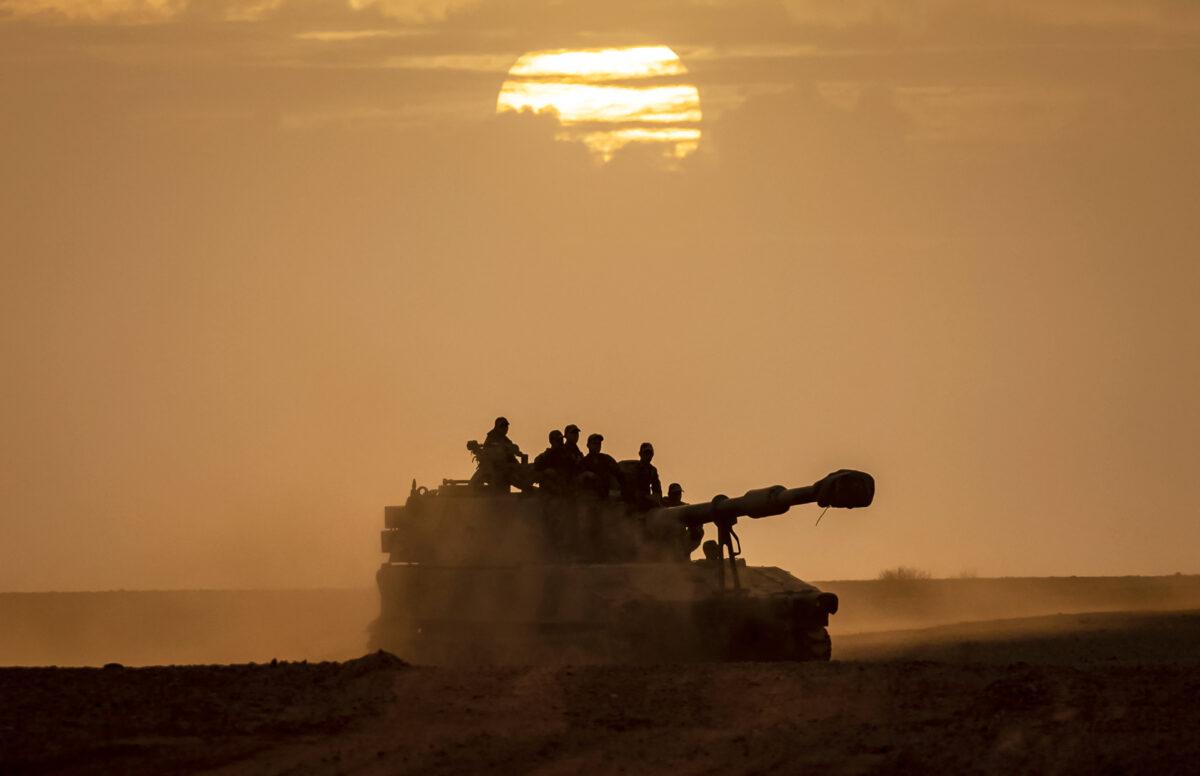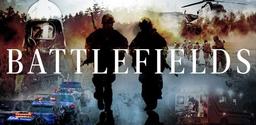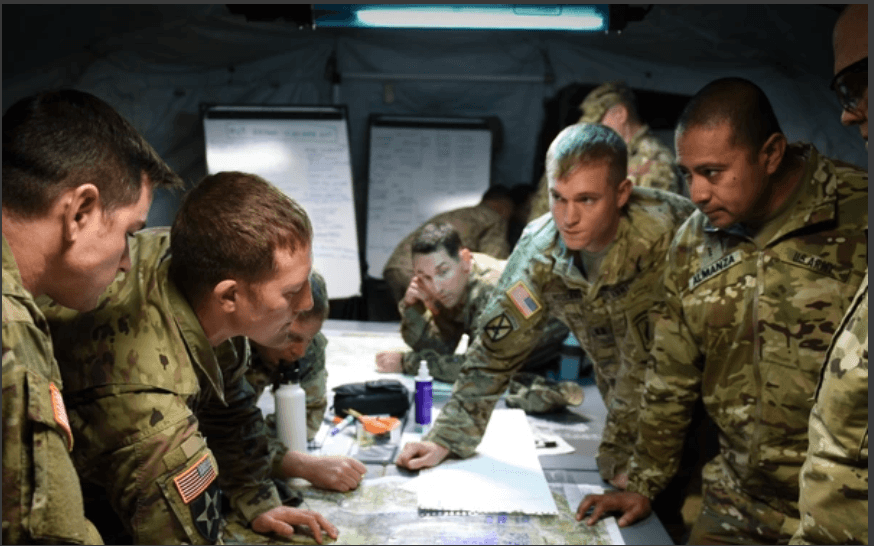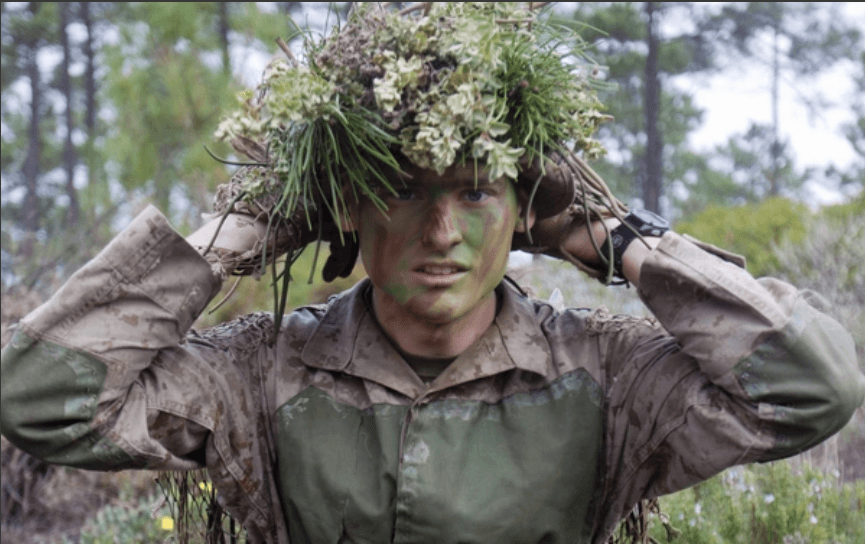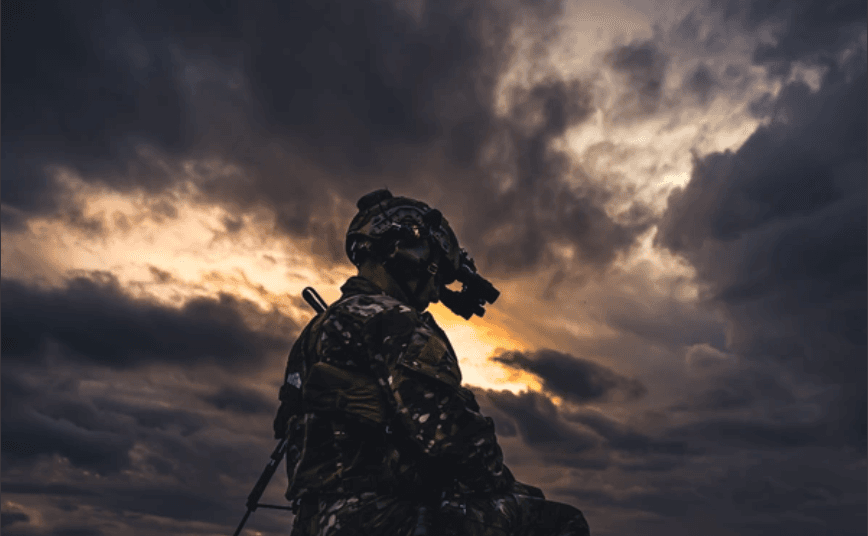Commentary
“Maybe it’s just me. Maybe I can’t assimilate. Maybe I’m so broken that I can’t do anything else.” These aren’t just words; they’re a haunting echo that reverberates in the minds of many combat veterans as they transition into the civilian workforce. The unsettling truth is that most veterans won’t stay in their first job out of the military past 18 months. Despite unparalleled leadership skills, an innate understanding of human behavior, and the capacity to solve complex problems, they find it challenging to “fit” within the corporate structure. Many in corporate America see the military as filled with obedient automatons, who only know “killing people” and don’t understand business.
This is not a plea for sympathy (combat veterans do not want sympathy), nor is this an entitled perspective (combat veterans do not feel entitled, they want to contribute to something greater than themselves). This is an observation. People often think they want to “help” veterans but rarely understand how to “serve” with them. And it’s not their fault. Life in the military—and especially in combat—is a paradigm shift from any civilian experience.
Contrary to public perception, many of us who served—especially in specialized units like the special operations community—had a surprising degree of freedom. While it is hard to replicate the freedom that warriors in combat enjoy, adapting ideas about what freedom looks like may help. Freedom may sound like a strange word since most folks think the military is a draconian hegemony. But for most who have served in combat, and especially those who have served in the special operations community, freedom to operate was exactly what was experienced.
We weren’t just compliant robots; we were entrepreneurial warriors, balancing calculated risks and opportunities to achieve mission objectives. Warriors are trusted to find opportunities and seize them on behalf of the organization at every level of operations. There was a balanced pressure to embrace the entrepreneurial spirit within a corporate structure. This pressure created adaptability, resiliency, and an understanding of risk management. While all this sounds like what every business is looking for, why are veterans having such a hard time finding their next work chapter? So, why do veterans have such a hard time finding their next career?
Many perspectives circulate about this issue—placing the onus on the veteran, the military, or even mental health. Yet seldom do we hear the corporate world questioning its own adaptability to the unique skills and experiences that a veteran brings. Perhaps the solution lies somewhere in between.
The Fog
Navigating the chaos of life is a common challenge, one that feels the same whether you are running an operation, a household, or a company. Common vernacular has had us refer to this movement through chaos as navigating through the “fog of war.” But the “fog of war” in combat feels much more comfortable to the warrior than what he or she faces in the corporate world. For warriors transitioning, they now have to navigate the “fog of corporate America.” This enigmatic labyrinth can be bewildering, but it also offers unique opportunities for leadership and growth that can benefit from a military-inspired mindset.
The Different Fogs We Face
In the world of combat, the fog of war is a tangible reality. Soldiers are trained to cut through the uncertainty and chaos to achieve mission success. Teamwork isn’t just encouraged; it’s mandated. Trust flows naturally, predicated on the unspoken yet evident commitment each person has to the mission and their teammates.
The fog of corporate America is a different kind of challenge, but no less daunting. Here, the mission isn’t always crystal clear, and teammates often have competing priorities or divergent views on how success should be defined. Unlike the battlefield, where the enemy serves as a unifying force, the lack of a visible “enemy” in the corporate setting can sometimes make competitors out of peers, complicating teamwork.
